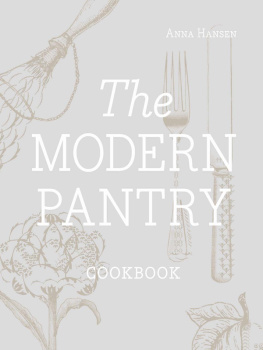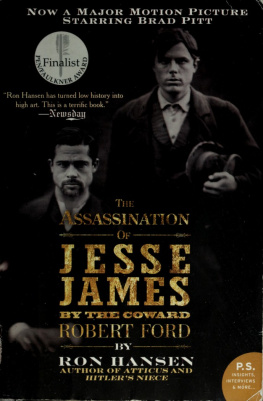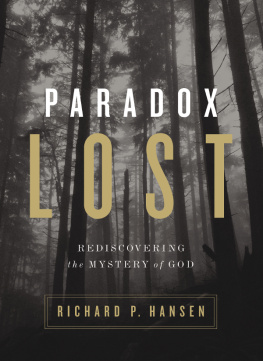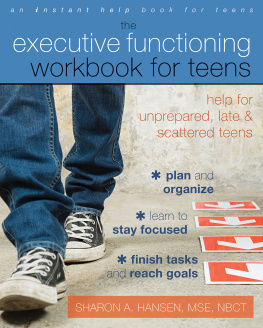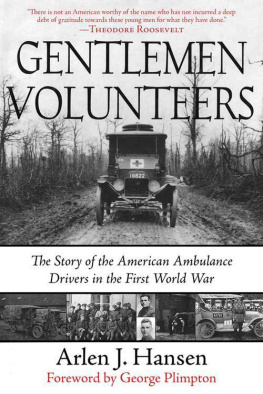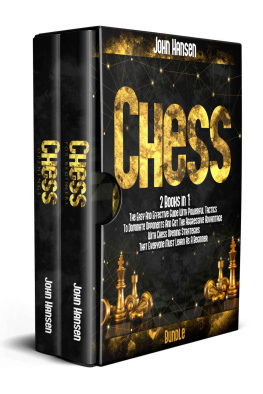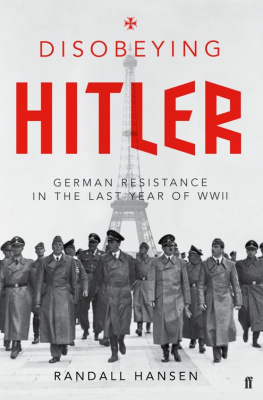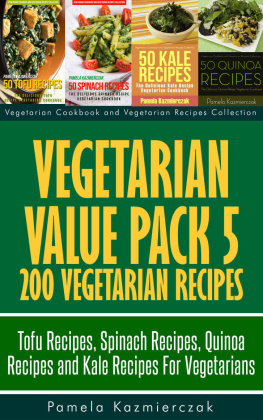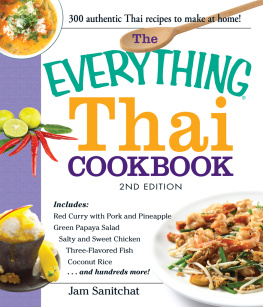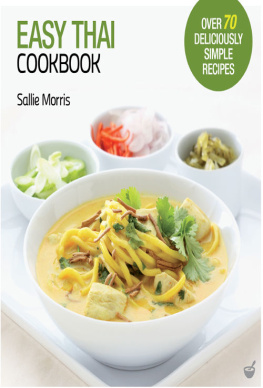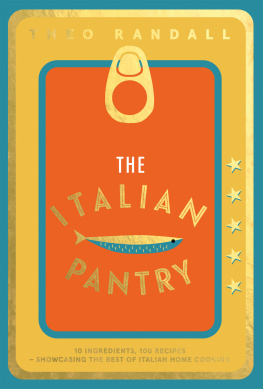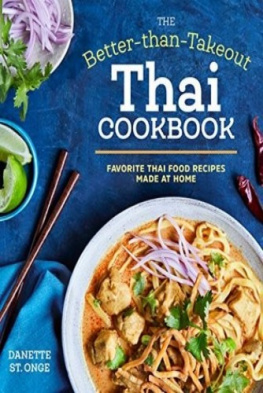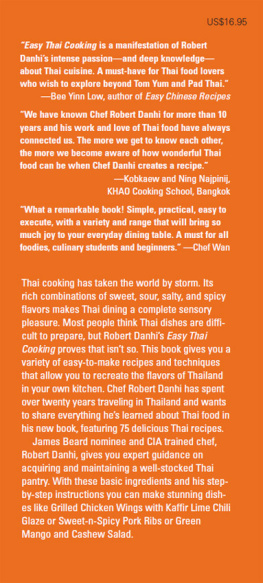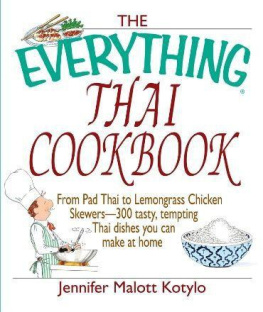A NNA H ANSEN
The
MODERN
PANTRY
COOKBOOK
This ebook is copyright material and must not be copied, reproduced, transferred, distributed, leased, licensed or publicly performed or used in any way except as specifically permitted in writing by the publishers, as allowed under the terms and conditions under which it was purchased or as strictly permitted by applicable copyright law. Any unauthorised distribution or use of this text may be a direct infringement of the author's and publisher's rights and those responsible may be liable in law accordingly.
ebook ISBN: 9781409033608
10 9 8 7 6 5 4 3 2 1
Published in 2011 by Ebury Press, an imprint of Ebury Publishing
A Random House Group Company
Text Anna Hansen 2011
Photography Christopher Terry 2011
Anna Hansen has asserted her right to be identified as the author of this Work in accordance with the Copyright, Designs and Patents Act 1988
All rights reserved. No part of this publication may be reproduced, stored in a retrieval system, or transmitted in any form or by any means, electronic, mechanical, photocopying, recording or otherwise, without the prior permission of the copyright owner
The Random House Group Limited Reg. No. 954009
Addresses for companies within the Random House Group can be found at www.randomhouse.co.uk
A CIP catalogue record for this book is available from the British Library
To buy books by your favourite authors and register for offers visit
www.randomhouse.co.uk
Colour separations by XY Digital
Design: Hyperkit
Photography: Christopher Terry
Prop styling: Penny Markham
Production: David Brimble
ISBN 9780091937973
Dedicated to my Mum and my Aunty Mette Hansen and Kimmi Dejgaard
C ONTENTS

I NTRODUCTION
I was born in Canada but moved to Auckland, New Zealand, when I was very young. I grew up there with my Mums side of the family, who are Danish. As children, we were regular little huntergatherers. We caught eel and collected buckets of crayfish from the stream in the local pony club. We sipped nectar from the honeysuckle flowers and ate the tender stems of young, flax-like plants that seemed to grow everywhere and tasted like green apples. At the beach, we plucked and ate mussels and oysters straight from the exposed rocks, and dug for pipi, a variety of shellfish, at low tide. We would lug home anything we couldnt eat in situ, although on many occasions our catch escaped before we managed to get it into the pot or on to the barbecue.
My Dads side of the family were dairy farmers, who lived on the Hauraki Plains, south of Auckland. My grandparents had an impressive vegetable patch and a large orchard, the fruits from which my Granny turned into the most delicious tarts, jams and preserves all served with fresh cream, of course. They also kept chickens, whose eggs were a standard for breakfast, accompanied by enormous mushrooms picked in the paddocks. During the game season, we ate plenty of duck and pheasant, which we learned to gut and pluck ourselves.
All these gastronomic experiences were truly wonderful extraordinary even, in the light of my current urban existence but the greatest culinary influence in my life was my Danish grandmother, my Mormor, who lived just down the road from us in Auckland. During my childhood, I spent many happy hours in her kitchen, chatting with her and watching her prepare the daily meals, helping where I could. Some of them were elaborate affairs but most were simple. The thing that impressed me was that whatever she was cooking, Mormor always strove for perfection. Her cuisine was typically immigrant and she was skilled at adapting a recipe by replacing unavailable ingredients with something local. Her understanding of and respect for an ingredients flavour was impressive.
When I was sixteen, my family moved to Nelson in the north of the South Island of New Zealand, where my divine uncle lived. He, too, was an exemplary cook. There I met a wonderful woman by the name of Jill Stevenson, who had opened The Hardy Street Delicatessen & Catering Company. Jill employed me as a shop assistant and kitchen hand and I worked there after school and on Saturdays. She was (and still is) an incredibly talented chef, capable of effortlessly (or so it appeared to me) creating vast and beautiful feasts for her grateful clients. She had so much energy and natural flair that I aspired to be part of that world, and soon became very good at arranging watercress around voluptuous displays of cooked hams and cream cheese logs, pronouncing exotic names and, of course, peeling potatoes and washing dishes. After much debate, though, my mother managed to persuade me that I shouldnt pursue a chefs apprenticeship just yet and that I should finish school. As she saw it, I was too young to become a chef. It was a very physically demanding job, the hours were long and antisocial and I would never see my friends a very important consideration for a 16-year-old!
Six years later, after gaining a Diploma in Business Management and travelling in Canada for a while, I ended up in the UK. Id had absolutely no intention of ever coming here, let alone staying, as I had a preconceived notion that England was a miserable place where it always rained and got dark early and that London was in fact an extension of hell! But a friend convinced me to come and, in retrospect, that was a fortuitous day. Shortly afterwards, I met Tristram, brother of Margot Clayton, who was then girlfriend (now wife) of Fergus Henderson. They, with Jon Spiteri, had just opened the now-famous French House Dining Room. I needed a job and they needed a dish washer.
What an education! Fresh herbs, salads and vegetables I had never seen or even heard of before; beautiful fresh whole fish; birds and beasts that arrived in varying states of preparedness; cheeses and other wonderful ingredients. Far from being in hell, I was in heaven. Joanna Williams, another of the worlds wonderful chefs and now a great friend, also worked there and she encouraged me to get involved in any way I could. Soon I was making the bread and sharpening my knife skills, and when Joanna left a few months later, Margot and Fergus offered to train me.
My Mormor always said that anyone with all the right ingredients in front of them could cook well but to be a great cook required the skill of being able to create something delicious, even splendid, out of very humble ingredients. I think this is why I so greatly appreciated Margot and Ferguss approach to food. Their philosophy of unadulterated flavours and textures no matter how humble the fixings was inspiring.
Then I met Peter Gordon, soon to be of Sugar Club fame, the boldest and most creative chef I have ever known. Peters approach to food was truly unique, and the polar opposite of Fergus and Margots. His impact on my development as a chef was vast. He taught me to experiment and not to be afraid to try what then seemed to me outlandish combinations. He impressed on me the importance of keeping a completely open mind a lesson to which I attribute my creativity.
Since then, I have worked with many talented chefs here in the UK, and in New Zealand and Australia. I have also travelled here and there around the world. Together with Peter and our partners, I was a founding member of the award-winning Providores restaurant in London, which we opened in 2001. Then, in 2005, I set out to do my own thing and, after a three-and-a-half-year journey, opened The Modern Pantry, the greatest achievement in my life thus far. Housed in two beautiful, light-filled Georgian buildings in Clerkenwell, it is modern and sleek, blending traditional features with contemporary inspiration much like the food that is created there. We serve breakfast, lunch and dinner seven days a week to whoever cares to be served and it brings me untold joy every day (as well as the occasional headache)!

